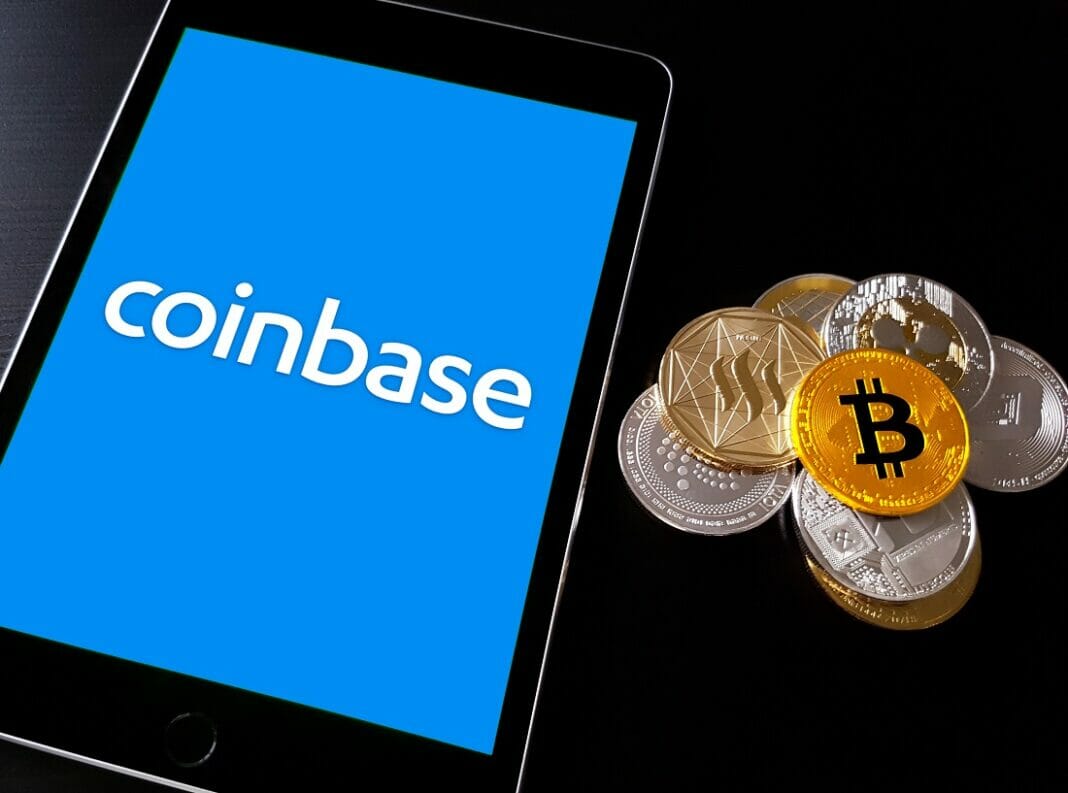Coinbase, the cryptocurrency exchange, defies logic with its market valuation.
Coinbase Global, one of the leading cryptocurrency exchanges, has experienced a remarkable resurgence since the cryptocurrency market crash last year. However, this ascent defies both gravity and logic.
Coinbase’s valuation depends on factors almost impossible to predict, and it’s a mystery why the market would consider the company run by former software engineer Brian Armstrong worth close to its current $24 billion.
Strategic Alliances and Legal Victory
Coinbase shares got a big boost after money management giant BlackRock filed to launch a Bitcoin-backed exchange-traded fund (ETF) this month, with Coinbase as its custodian.
For an industry still in its infancy, alliances with old-school Wall Street names are a big win. Additional excitement came from a legal victory by Ripple, a digital token creator that, like Coinbase, had been accused by the Securities and Exchange Commission (SEC) of selling unregistered securities. Coinbase shares are up close to 50% in July, far outperforming the Nasdaq Composite Index, which was up 4%.
Coinbase’s relationship with the SEC has soured as the company has become more impatient and adventurous in its offerings, and the agency has stalled on regulation, while also becoming more skeptical of cryptocurrencies.
This became more apparent in July 2022, when Coinbase filed a petition requesting that the SEC begin defining a regulatory framework for cryptocurrencies, including a definition of what would make them securities subject to SEC rules.
The petition rightly noted that other jurisdictions, such as the European Union, Australia, and the United Kingdom, were pushing regulations designed to meet the needs of the cryptocurrency market while protecting investors.
Coinbase Valuation: An Ocean to Boil
It is easy to see how the Ripple trial outcome generated excitement. Before last week, the SEC had a perfect record in the cases it brought against cryptocurrency companies. However, a judge ruled on July 13 that Ripple’s XRP token was only a security, and therefore should have been registered with the SEC, when it was sold to institutional investors, not when it was funneled to retail investors on exchanges.
Coinbase makes money primarily by taking commissions from individuals, not institutions. The catch is that Ripple’s decision only applied to that specific case, and there is no guarantee that a court will apply the same logic to tokens sold on Coinbase.
The Future of Coinbase: Uncertainties and Possibilities
Coinbase investors would therefore be reckless in counting on a judge awarding Coinbase a victory. That’s why Armstrong has been pushing lawmakers in Washington to draft legislation limiting the SEC’s ability to regulate cryptocurrencies, delegating much of that power to the Commodity Futures Trading Commission. That would essentially quash the SEC’s case against Coinbase.
Nevertheless, the whims of a sluggish and sparsely distributed Congress are no more predictable than those of court judges. More than 15 bills to regulate cryptocurrency are floating through Congress, but none are close to becoming law.
Notably, cryptocurrencies have proven to be a dangerous place for investors, especially small ones, with hacks, counterfeit coin offerings, and outright theft plaguing the sector. Last year, a record for cryptocurrency hacks was broken, according to Blockchain analytics firm Chainalysis, with $3.8 billion worth of assets stolen.
More than $20 billion worth of cryptocurrencies were received by illicit addresses, the company added. This was 0.24% of all cryptocurrency transactions, twice as many as in 2021.
By Audy Castaneda











